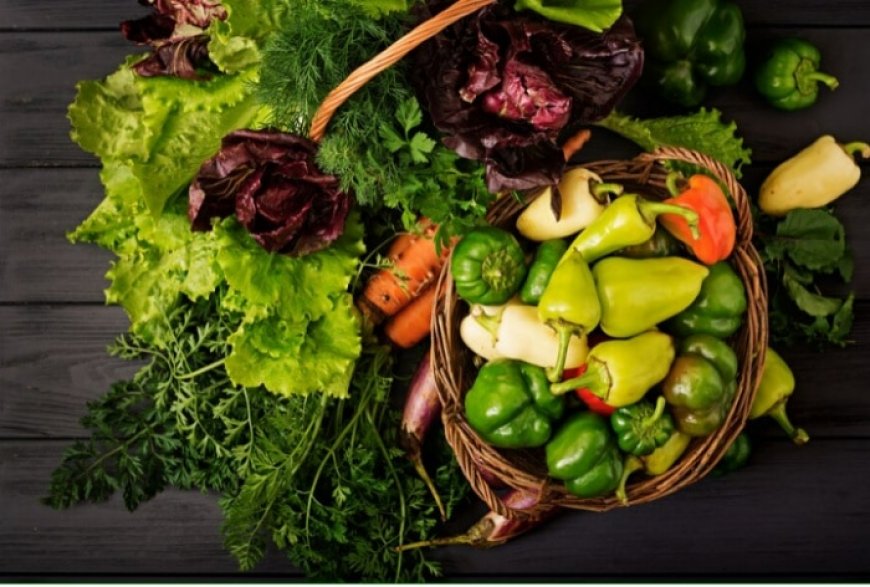Monsoon Diet: Avoid These 6 Foods During Rainy Season
Onset of monsoon season also entails certain health issues. Here are few foods that one may try to avoid to keep the gut healthy.

People can be seen carrying umbrellas, jumping over the puddles, as the rain clouds hover over. The onset on monsoon season come as bearing health issues too. While there is respite from heat, there are certain set of virus and infection that also tend to breed and spread faster. As season change, one must also make the necessary changes in lifestyle as well.
Diet plays a pivotal role in everyday lifestyle. During monsoon, there are few foods that can be avoided to steer away from digestion woes.
6 Foods to Avoid During Rainy Season
- Raw Salads and Uncooked Food: During the rainy season, the risk of bacterial contamination and foodborne illnesses increases due to the humid and damp weather conditions. Raw, uncooked salads become more susceptible to harbouring harmful bacteria like E. coli, Salmonella, and Listeria. These bacteria can thrive in the moist environment and cause severe gastrointestinal issues, such as diarrheoa, vomiting, and abdominal cramps. It’s best to avoid raw salads and opt for cooked, thoroughly washed, or peeled fruits and vegetables instead.
- Unpasteurised Dairy Products: Unpasteurised dairy products, such as raw milk, cheese, and yogurt, pose a significant risk during the rainy season. The humid climate can accelerate the growth of harmful bacteria, including Listeria and E. coli, in these dairy items. Consuming unpasteurized dairy can lead to foodborne illnesses, which can be particularly dangerous for vulnerable populations, like pregnant women, young children, and the elderly.
- Seafood: Seafood, especially raw or undercooked varieties, should be consumed with caution during the rainy season. The damp weather and increased water runoff can lead to the contamination of seafood with bacteria, viruses, and parasites. Consuming contaminated seafood can result in food poisoning, causing symptoms like diarrhea, vomiting, and abdominal pain. It’s crucial to opt for freshly cooked, thoroughly heated seafood and avoid raw or uncooked preparations.
- Leftovers and Reheated Foods: Leftover and reheated foods are more susceptible to bacterial growth during the rainy season due to the warm, humid conditions. Bacteria can quickly multiply in these foods, leading to food poisoning. It’s best to avoid consuming leftovers that have been sitting at room temperature for an extended period or have been reheated multiple times. Instead, prioritize freshly cooked meals and consume them within a reasonable timeframe.
- Fried and Oily Foods: Fried and oily foods can be challenging to digest during the rainy season, as the heavy, greasy nature of these dishes can exacerbate digestive issues like bloating, gas, and diarrhea. The humid weather can also cause these foods to spoil more quickly, increasing the risk of foodborne illnesses. It’s advisable to limit the consumption of fried and oily foods and instead opt for lighter, easier-to-digest meals.
- Cold Beverages and Ice Creams: Consuming cold beverages and ice creams during the rainy season can disrupt the body’s temperature regulation, leading to issues like sore throat, cough, and cold. The sudden temperature change can also weaken the immune system, making individuals more susceptible to seasonal illnesses. It’s recommended to choose warm or room-temperature drinks and avoid indulging in too many cold treats during the rainy season.
By being mindful of these food choices and prioritising safe, nutritious options, you can maintain your health and well-being throughout the challenging rainy season.
What's Your Reaction?



























































